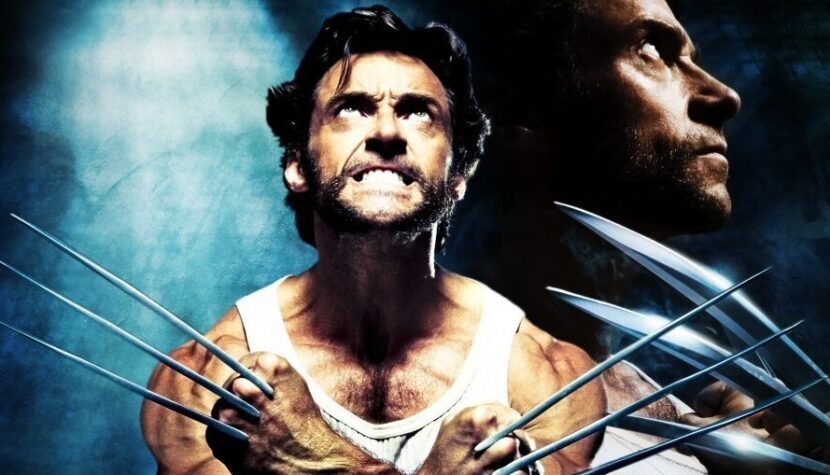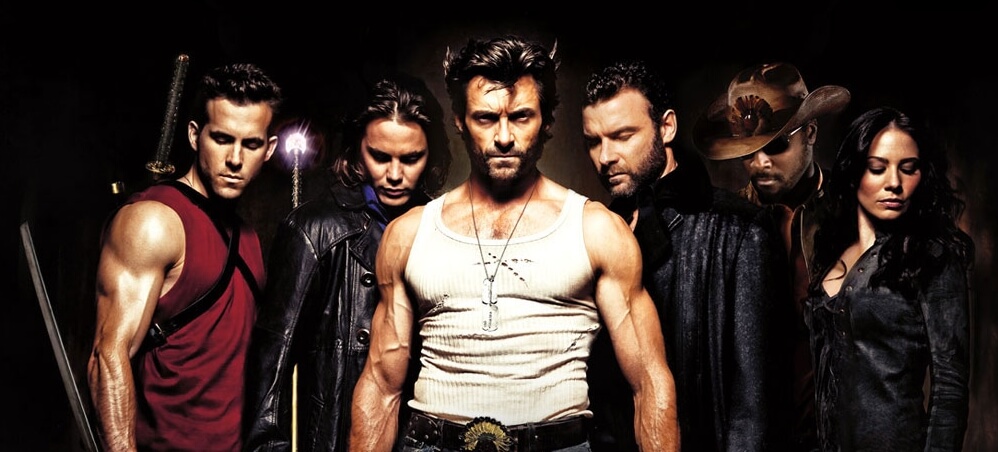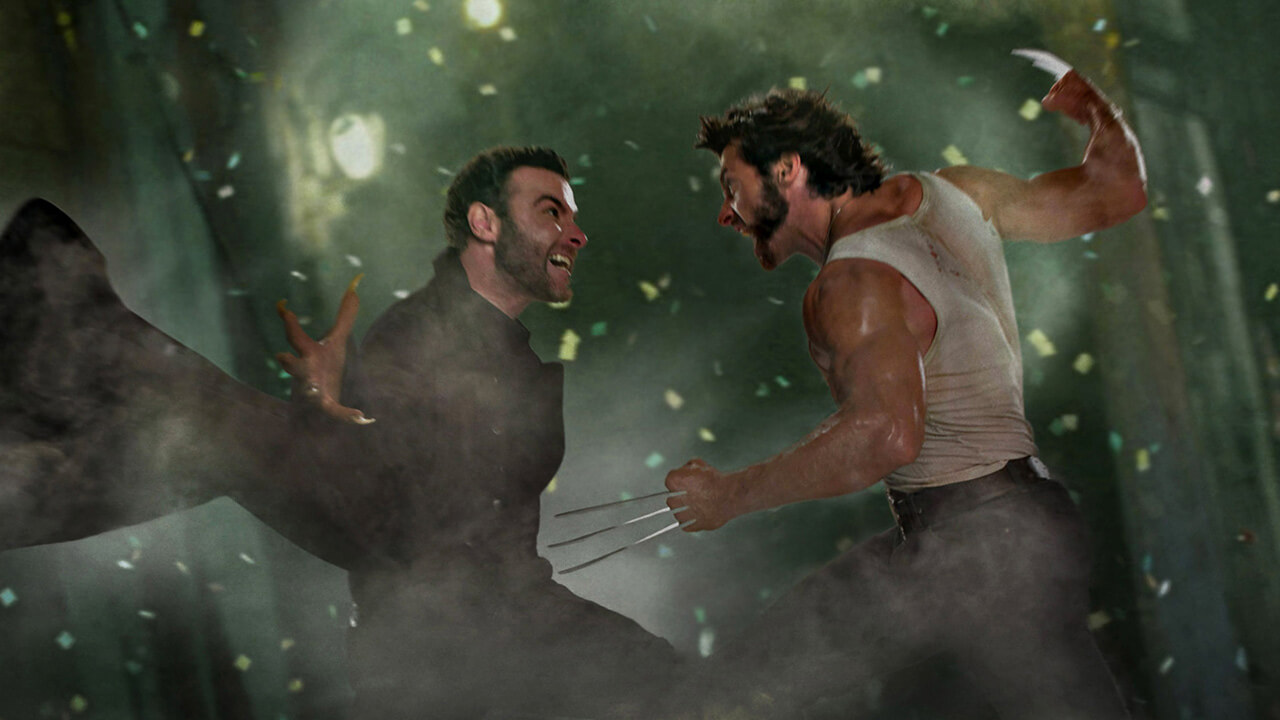X-MEN ORIGINS: WOLVERINE. First solo movie about Marvel’s mutant is a mess

“Ignorance is bliss,” Cypher says to Agent Smith, enjoying virtual beef steak. Exactly the same words accompanied me after leaving the cinema. Wolverine is a character simply iconic for many comic fans, and after being transferred to the big screen in the form of Hugh Jackman, nothing (at least in my opinion) of this iconic status has been lost. Wolverine – a gloomy loner, is an interesting character, due to the shroud of mystery surrounding his past (partially unveiled in the comic series). After all, what intrigues us the most is what we don’t know. Now, imagine that someone is making a film about such an extraordinary hero, showing his origins and events that made him who he is. Imagine that his past turns out to be uninteresting and not surprising in any way – it would be harmful to him, wouldn’t it? Unfortunately, we don’t have to imagine anything, because this episode of the series initiated by Bryan Singer is simply shoddy craftsmanship, which for the sake of Wolverine should be forgotten as soon as possible.
The question “what is this movie about?” was treated very loosely by the screenwriter, causing the plot threads to change like in a kaleidoscope, and the viewer gets the impression that the creators couldn’t decide which elements from the 35-year-old comic history to include in the film. Most likely, they wanted to show as much as possible and wink at the audience as often as possible, like saying, “look – this was in the comic! Cool, right?” The problem with too frequent winking is that eventually you can lose orientation and bang your head against some pole standing in the way. At the beginning, when we get to know the youth of the main character, it’s not so bad yet. Later, when in a very interestingly made prologue we see Wolverine and Sabertooth fighting on the fronts of all wars, it’s even better, but the further we go, the more the script gets tangled, and the pleasure of watching decreases with every subsequent, clichéd scheme added to the script.

However, it’s not the clichés that determine the weakness of the screenplay, but several other sins of the person responsible for the plot (and not only him). Firstly – Wolverine repeats the mistake of The Last Bastion, forcibly incorporating as many mutants from the Marvel universe into the film as possible, so the “character development” completely loses its meaning, because the second plan appears and almost immediately disappears or dies (or disappears only to reappear after a dozen minutes, just to die).
Secondly – the aforementioned harm to characters. As long as we only heard that Wolverine’s bones are covered with indestructible adamantium, and that the procedure of implanting it was terrible, dangerous, painful, etc., we began to feel a certain kind of sympathy for him, mixed with respect, and then wondered how this undoubtedly extremely complicated operation must have looked like. In “Genesis,” everything is done quickly and “miraculously” – needles are inserted into the hero, then his skeleton miraculously turns into metal, and in place of his bony claws, beautifully formed and sharpened to the limit adamantium blades appear. One word comes to my mind now – “convenient” – not only much simpler to implement but also shorter, so there is more tape left to show a few additional characters.
Thirdly – illogical or simply stupid scenes, the only explanation for which (besides clumsy scripting) may be the cutting out of some fragments in post-production. How else to explain that Gambit, who moments ago was lying unconscious on the ground, is now running on the roof and jumping onto the street, where he should still be lying? I will omit the fact that he engages in a fight he wanted nothing to do with, because given the earlier “script leap,” it’s just a detail. The example with Gambit is the most striking, but my favorite nonsense in this movie is the motif of the pursuit of Wolverine, who escaped from the laboratory after the aforementioned procedure. The best marksman in the world is sent after Logan, almost certainly to his death. When Wolverine finally deals with him, in the base the Important Doctor shows the General the only weapon that can harm the main character – a revolver shooting adamantium bullets. A revolver that wasn’t given to the agent Zero (the best marksman in the world) setting out in pursuit because… apparently the screenwriter noticed that then the movie would end about 40 minutes before the time stipulated in the contract with the studio.
Fourthly – the movie, which should have been a bloody and dark tale of revenge, was turned into a fairy tale about how “mutants aren’t as bad as humans.” The director reminds us of this eagerly and quite often, in a very obvious and tacky way. Interestingly, this fits well with the thesis set in Singer’s films, saying that mutants are not so different from humans, because among both there are heroes and villains.
Lastly, I have nothing against spectacle like “in the nick of time, he rides out of the barn made of explosive materials on a motorcycle.” After all, the big movie screen is perfect for showing cinematic fireworks and computer-rendered waterworks like nothing else. However, special effects should be done with heart and, colloquially speaking, blow your mind. However, in “Genesis,” one can’t count on that; the blue screen is visible in almost every shot made with this technique, and the cheap and artificial Wolverine claws scare with their computer ugliness in every close-up. Another issue is that technical imperfections can be forgiven if the action scene is well thought out and executed in an interesting way (as was the case in “Push”). Unfortunately, the concept of action scenes in Gavin Hood’s film ends with “he jumps into the air and kills everyone,” without delving into details.

It’s a pity that the potential lying in Wolverine’s character wasn’t utilized. It’s a pity that the best component of the whole enterprise – Liev Schreiber (who, appearing on the screen, made even Jackman look a class better, and there was a spark between both characters) received so little screen time. It’s a pity that Deadpool in the final scenes of the movie resembled more Baraka from Mortal Kombat than his comic book prototype. There are many more things to regret, it would take a long time to list them all… All that remains is the memory of a few good scenes and the hope that the memory of this movie will eventually fade with time. For now, it’s better to watch the slightly boring but still better “Push” by McGuigan, and even better to go back to the incomparably better X2 by Singer.
As a final riddle: In what year does the action of the movie take place? The final scenes refer to the Three Mile Island disaster in 1979, the military drives Hummer cars produced from 1984, LCD TVs with large diagonals hang on the walls, and Scott Summers, aka future Cyclops, looks about sixteen or seventeen years old. Riddle me this, Batman!

